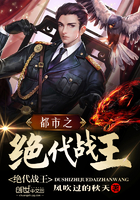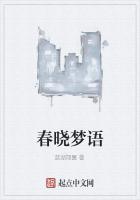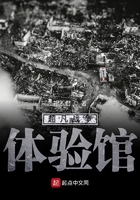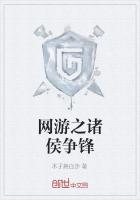ONE would naturally have expected that in the almost inconceivably wretched conditions in which the Russian soldiers were placed at that time—without thick boots, without fur coats, without a roof over their heads in the snow, with a frost of eighteen degrees, often without full rations—they must have presented a most melancholy and depressing spectacle.
It was quite the opposite. Never under the most favourable material conditions had the army worn a livelier and more cheerful aspect. This was due to the fact that every element that showed signs of depression or weakness was sifted every day out of the army. All the physically and morally weak had long ago been left behind. What was left was the pick of the army—in strength of body and of spirit.
The camp-fire of the eighth company, screened by their wattle fence, attracted a greater crowd than any. Two sergeants were sitting by it, and the fire was blazing more brightly than any of them. They insisted on logs being brought in return for the right of sitting under the screen.
“Hi, Makyev, hullo … are you lost, or have the wolves eaten you? Fetch some wood,” shouted a red-faced, red-haired soldier, screwing up his eyes, and blinking from the smoke, but not moving back from the fire.
“You run, Crow, and fetch some wood,” he cried, addressing another soldier. The red-headed man was not a non-commissioned officer, nor a corporal, but he was a sturdy fellow, and so he gave orders to those who were weaker than himself. A thin, little soldier, with a sharp nose, who was called the “Crow,” got up submissively, and was about to obey; but at that moment there stepped into the light of the fire the slender, hand-some figure of a young soldier, carrying a load of wood.
“Give it here. Well, that’s something like!”
They broke up the wood and threw it on, blew up the fire with their mouths, and fanned it with the skirts of their coats, and the flame began to hiss and crackle. The soldiers drew nearer the fire and lighted their pipes. The handsome young soldier who had brought in the wood put his arms akimbo, and began a smart and nimble shuffle with his frozen feet as he stood.
“Ah, mother dear, the dew is cold, but yet it is fine, and a musketeer!” … he began singing, with a sort of hiccup at each syllable of the song.
“Hey, his soles are flying off!” cried the red-haired man, noticing that the dancer’s soles were loose. “He’s a rare devil for dancing!”
The dancer stopped, tore off the loose leather, and flung it in the fire.
“You’re right there, brother,” said he, and sitting down he took out of his knapsack a strip of French blue cloth, and began binding it round his foot. “It’s the steam that warps them,” he added, stretching his feet out to the fire.
“They’ll soon serve us new ones. They say when we finish them off, we are all to have a double lot of stuff.”
“I say, that son of a *****, Petrov, has sneaked off, it seems,” said a sergeant.
“It’s a long while since I’ve noticed him,” said the other.
“Oh, well, a poor sort of soldier …”
“And in the third company, they were saying, there were nine men missing at the roll-call yesterday.”
“Well, but after all, when one’s feet are frozen, how’s one to walk?”
“Oh, stuff and nonsense!” said the sergeant.
“Why, do you want to do the same?” said an old soldier; reproachfully addressing the man who had talked of frozen feet.
“Well, what do you think?” the sharp-nosed soldier, called “Crow,” said suddenly, in a squeaking and quavery voice, turning himself on one elbow behind the fire. “If a man’s sleek and fat, he just grows thin, but for a thin man it’s death. Look at me, now! I have no strength left,” he said, with sudden resolution, addressing a sergeant. “Say the word for me to be sent off to the hospital. I’m one ache with rheumatism, and one only gets left behind just the same …”
“There, that’s enough; that’s enough,” said the sergeant calmly.















